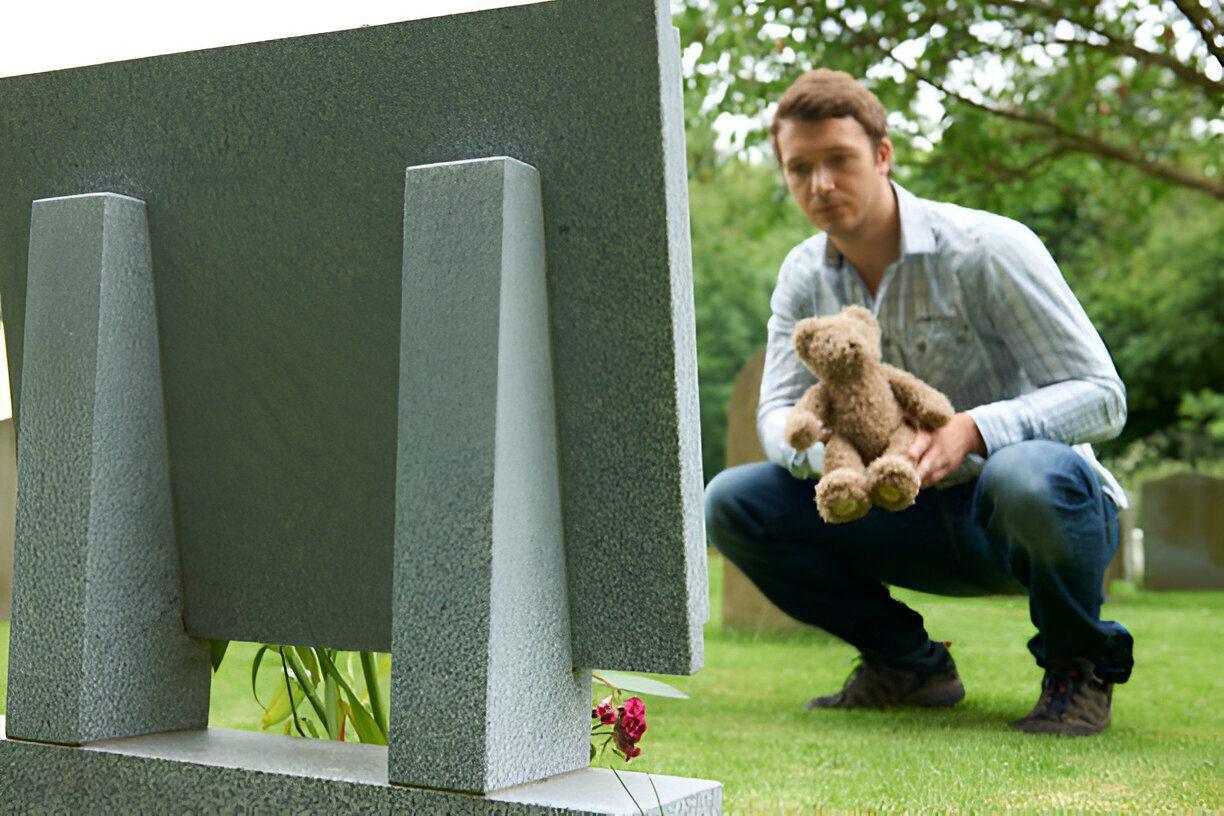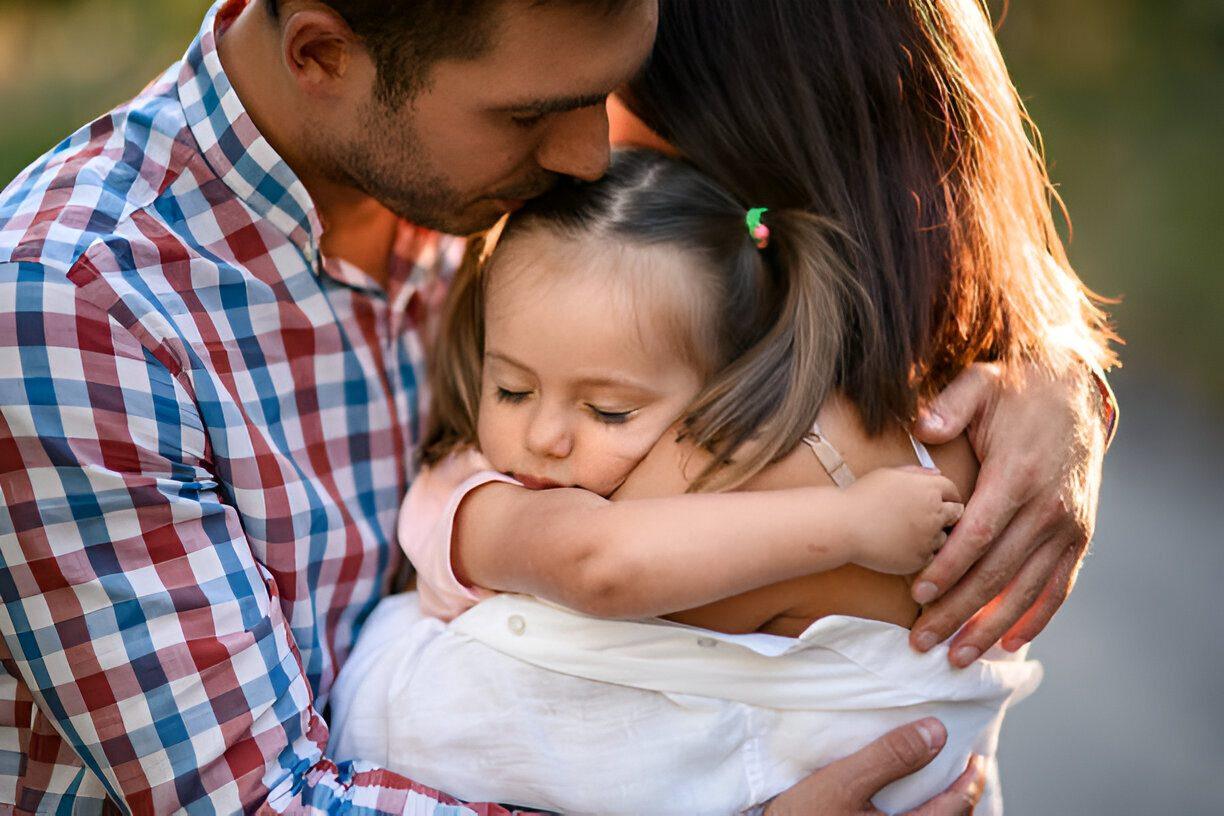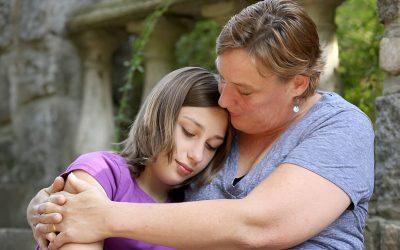A Fragile Hope in the Midst of Heartache
Losing a child is a grief that shatters the natural order of life. In a single moment, dreams, milestones, and the future you envisioned are forever changed. As one grieving mother once shared, “It felt like my world cracked open, and I wasn’t sure how to piece it back together.”
This post explores the profound pain of child loss, offering compassionate insights and pathways toward a tender kind of healing.
“When we lost our daughter, I felt an emptiness I couldn’t put into words. But in honoring her memory, I discovered a love that continues to guide me every day.”
A Love Beyond Words

The Unique Pain of Losing a Child
The loss of a child is a grief unlike any other—a wound that defies healing and redefines a parent’s world forever. It is a rupture in the natural order of life, leaving parents adrift in a sea of sorrow, disbelief, and longing. This journey through unimaginable pain is one of profound complexity, where love and loss become inextricably linked.
This post delves into the emotions, challenges, and pathways toward healing for those enduring the unthinkable loss of a child, offering a compassionate voice in the silence that grief often creates.
The Inconceivable Loss
The Inconceivable Loss
Losing a child is more than a moment in time—it’s a loss that reverberates endlessly. Whether sudden or anticipated, the absence permeates every corner of a parent’s existence, changing daily routines, future dreams, and even their identity as a parent.
It’s not just the loss of a life; it’s the loss of potential, milestones, and a sense of “what could have been.” Birthdays, holidays, and the seemingly mundane moments take on a bittersweet weight, constantly reminding parents of what’s missing.
“Even in our darkest sorrow, a child’s love remains a guiding light.” — Martin W.
The Spectrum of Grief
Grief manifests in ways that can be both expected and startling, creating a kaleidoscope of emotions:
- Shock and Disbelief: The mind may refuse to accept the loss, creating moments of denial where parents feel as though their child might still walk through the door.
- Guilt and Self-Blame: Parents often replay the “what-ifs,” blaming themselves for circumstances beyond their control. Even when unwarranted, this guilt can be consuming.
- Anger: Anger at circumstances, medical professionals, or a higher power is a common but isolating emotion. It can even be directed toward the child for leaving, adding layers of confusion to the grief.
- The Void: The absence is felt in every moment—celebrations, family gatherings, or simply walking past their empty room. This void is an ever-present companion to grief.
Navigating Through Grief
While there is no roadmap for grieving a child, certain practices can provide moments of solace:
- Acknowledging the Pain: Giving yourself permission to grieve in your own way is vital. Grief isn’t linear, and there’s no “right” way to feel.
- Support Systems: Seek out spaces where you can share without judgment. Friends, family, bereavement groups, or professional counselors can provide a lifeline during overwhelming moments.
- Rituals and Memorials: Acts like planting a tree, establishing a scholarship, or holding an annual remembrance gathering allow you to honor your child’s memory while finding a communal sense of healing.
- Creative Expression: Journaling, painting, or creating music can serve as outlets for processing emotions. These creative acts often illuminate feelings that words cannot.
Navigating Through Grief
Healing, Not Moving On
Healing doesn’t mean leaving the pain behind; it means learning to carry it differently.
- Integration of Loss: Over time, parents may find ways to weave their child’s memory into their daily lives. Advocacy for related causes or acts of kindness in their child’s name can transform grief into a powerful legacy.
- Redefining Parental Identity: The love for your child doesn’t end with their physical presence. It continues, growing in ways that transcend time and space.
- Finding New Roles: Many parents find comfort in supporting others who’ve faced similar losses, creating spaces of shared understanding and solidarity.
The Ongoing Journey
Grieving a child is a journey with no end, only evolution. The sharp pain of early loss may soften into a quieter ache, but it remains, a testament to the depth of your love.
- Milestones and Triggers: Anniversaries, birthdays, and milestones can reignite grief. Planning how to navigate these moments—whether through quiet reflection or shared remembrance—can offer a sense of control.
- Moments of Joy: Over time, parents may rediscover laughter and hope. This doesn’t diminish the loss but speaks to the resilience of the human heart.
Things To Try This Week!
- Write a Letter to Your Child: Express anything you wish you could still share—hopes, regrets, or simply love.
- Light a Remembrance Candle: Each evening, light a candle in a quiet space as a gentle ritual to honor their memory.
- Reach Out for Support: Seek a community, whether online or local, that understands the pain of losing a child and can offer comfort.
Conclusion
The loss of a child leaves an indelible mark, reshaping life in ways unimaginable. Yet within this grief lies a testament to the love you shared—a love that continues to guide you, even in their absence.
Healing doesn’t mean forgetting; it means honoring, remembering, and allowing their memory to inspire you to live fully, even as you carry the weight of their loss. In this way, the pain becomes a part of you, not as a shadow, but as a reminder of the profound connection that will never fade.
As you journey through this profound sorrow, know that the love you hold for your child can be transformed into a lasting tribute.
In our cherish section, you’ll find gentle ways to keep that love alive—tokens of remembrance and comforting keepsakes that honor your child’s enduring place in your heart.
Cherish Family: Honoring the Bonds That Shape Us
Family shapes who we are, and their memory deserves to be cherished. Explore meaningful ways to celebrate your family’s love and legacy through our “Cherish Family” collection.
More Reflections, More Growth
Loss is complex, and the road to healing is different for everyone. These reflections offer insight, support, and guidance as you navigate this journey.
The Unspoken Heartache: Understanding the Quiet Grief of Miscarriage
Miscarriage is a silent grief that touches one in four pregnancies, yet it remains unspoken for many. Explore the layers of loss, the cultural silence, and ways to support healing through acknowledgment and empathy.
When Parenthood Dreams Stall: Navigating Infertility with Compassion
Infertility is a deeply personal journey that affects physical, emotional, and relational well-being. Discover how compassion—both self-directed and from others—can transform this experience into one of resilience and connection.
When Hope Falls Silent: Finding Support After Pregnancy Loss
Pregnancy loss is a deeply personal experience, often shrouded in silence. Learn how to find support—from medical care to community connections—and navigate the complex grief with compassion and hope.
Where Grief Finds No Words: Honoring Unspoken Losses
Unspoken losses—miscarriage, estrangement, unrealized dreams—often remain hidden, leaving those affected isolated in their grief. Learn how to honor these silent struggles, validate their impact, and embrace healing.
Navigating the Heartache: Coping with the Loss of a Parent
Grieving a parent is life-altering. This guide offers compassionate insights and practical steps to help you cope with the loss and carry their love forward.
Navigating the Heartache: The Role of Parents in Healing After Loss
Parents are vital in guiding children through grief. This guide explores how to balance personal healing with creating a safe, supportive environment for resilience.
Navigating Grief as a Parent Yourself
Balancing personal grief while supporting your children is challenging. This guide offers compassionate advice to help you heal and grow closer as a family.
How to Support Grieving Parents: A Compassionate Guide
Supporting grieving parents requires compassion and understanding. This guide explores ways to provide comfort, offer practical help, and honor their child’s memory.
Standing Beside the Unthinkable: Supporting Families Through Child Loss
The loss of a child reshapes a family forever. This guide offers compassionate strategies to provide meaningful support, honor their child’s memory, and ensure no family grieves alone.
Explore Journeys of Healing and Solace:
Discover dedicated spaces that offer understanding, guidance, and connection through grief. From the loss of loved ones to life’s challenging transitions, each category provides a pathway to reflect, connect, and find peace in shared experiences.


























